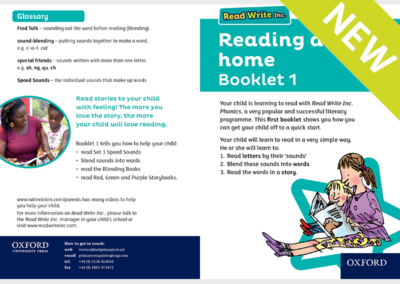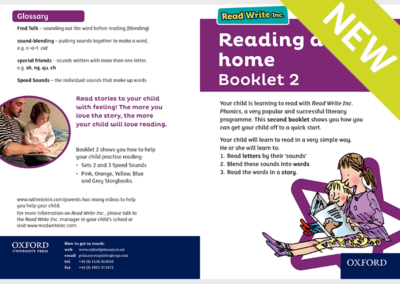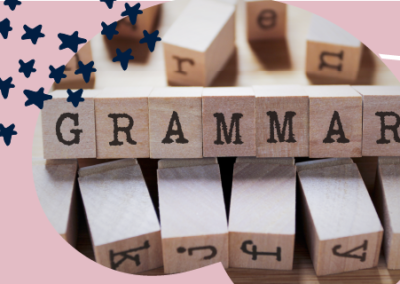You searched for "Read Write Inc"
(217 results found)
Looking for an eBook? Browse our eBook library here >
Looking for print books? Explore our bookshop here >
Read Write Inc. Phonics: reading at home
If your child is being taught to read using Read Write Inc. Phonics at school, you'll find these kits and flashcards invaluable in supporting their reading development at home
Read Write Inc. – A guide for parents
Find out what Read Write Inc. Phonics is and find eBooks, videos, and kits to help your child as they learn to read with Read Write Inc. Phonics at home.
Read Write Inc. Phonics information booklet 1
Find out how Read Write Inc. Phonics works (for Set 1 Speed Sounds).
Read Write Inc. Phonics information booklet 2
Find out how Read Write Inc. Phonics works (for Sets 2 and 3 Speed Sounds).
Learning to read in Reception
Find out what sort of books to expect to come home in your child’s book bag, and get top tips on how best to support your child.
What are reading schemes and why do they matter?
Educational publishing expert Andrea Quincey explains why reading schemes are important, and what the different colours, bands and levels actually mean.
Preparing for the phonics screening check
The phonics screening check is an informal way for schools to assess your child's progress in reading. Sarah Loader shares tips for supporting your child's development at home.
Writing
Everything you need to know about how your child will learn to write in primary school, and how to help at home. Take a look at our advice and activities.
Handwriting
Everything you need to know about how handwriting is taught at school and what you can do to support your child at home, from the early years to Year 6.
Phonics
What is phonics? Find out in our phonics guide for parents. Learn about Letters and Sounds, the phonics screening test, and how to practice phonics at home.
Reading schemes, Levels, and Stages
Learn about reading schemes (or programmes) and Oxford Levels, and find out how they're used to help your child progress with reading at school.
Grammar & punctuation in Year 5 (age 9–10)
Learn how grammar and punctuation is taught in Year 5 and find out how to support your child at home, with lots of fun ideas and free activities.
What is phonics?
Education expert Laura Sharp breaks down what phonics is, how phonics is taught in schools, and why phonics is important and useful.
English: Age 6–7 (Year 2)
In Year 2, your child's confidence with grammar, speaking, reading, and writing will grow. Find out what they will learn at school and how to help at home.
How to write your 500 Words story
So you’ve got your idea, and you’ve planned the plot. Now comes the hardest (but most rewarding) part – actually writing your story. Here are Christopher Edge's top tips on how to get started.














